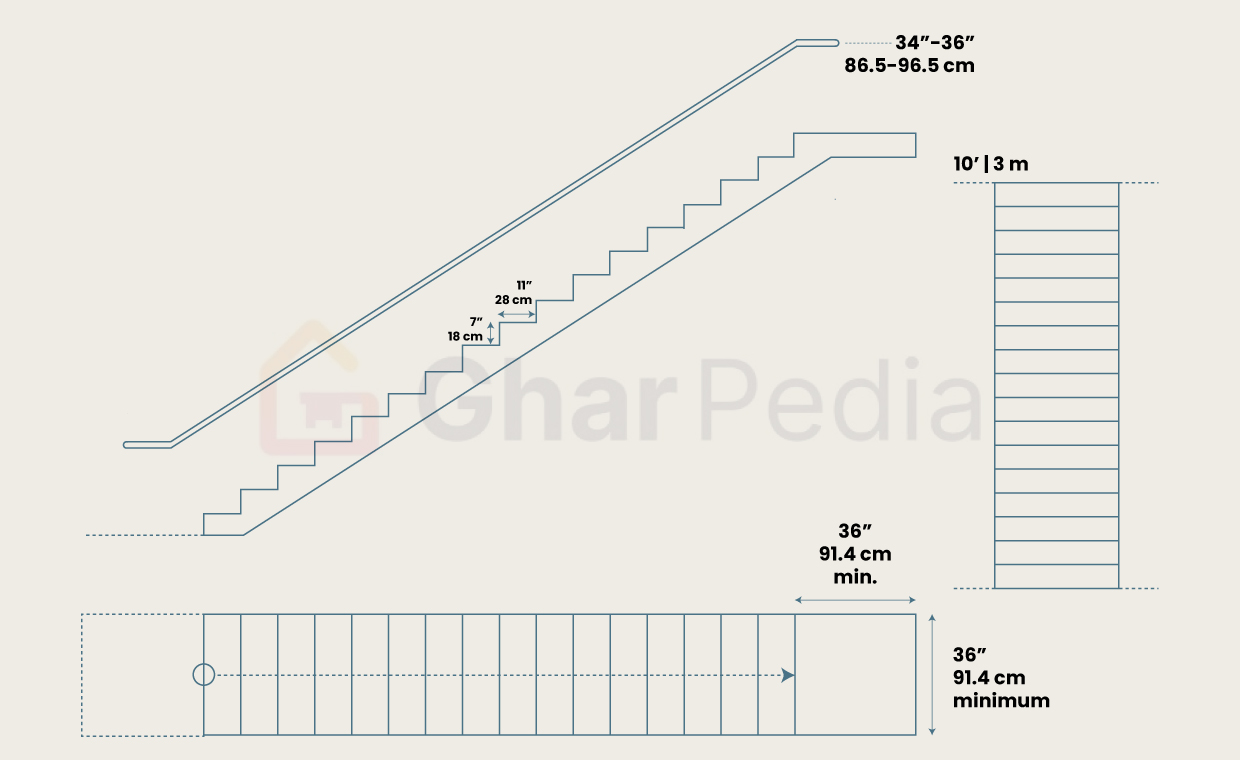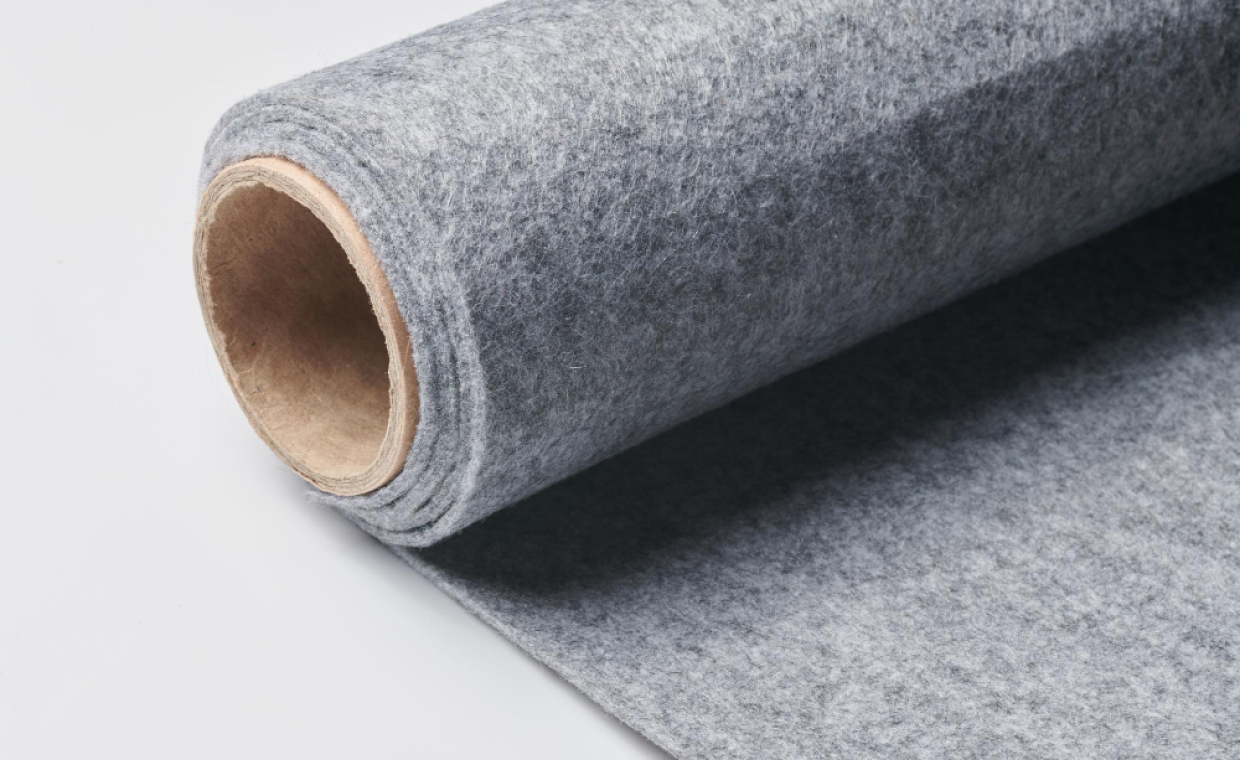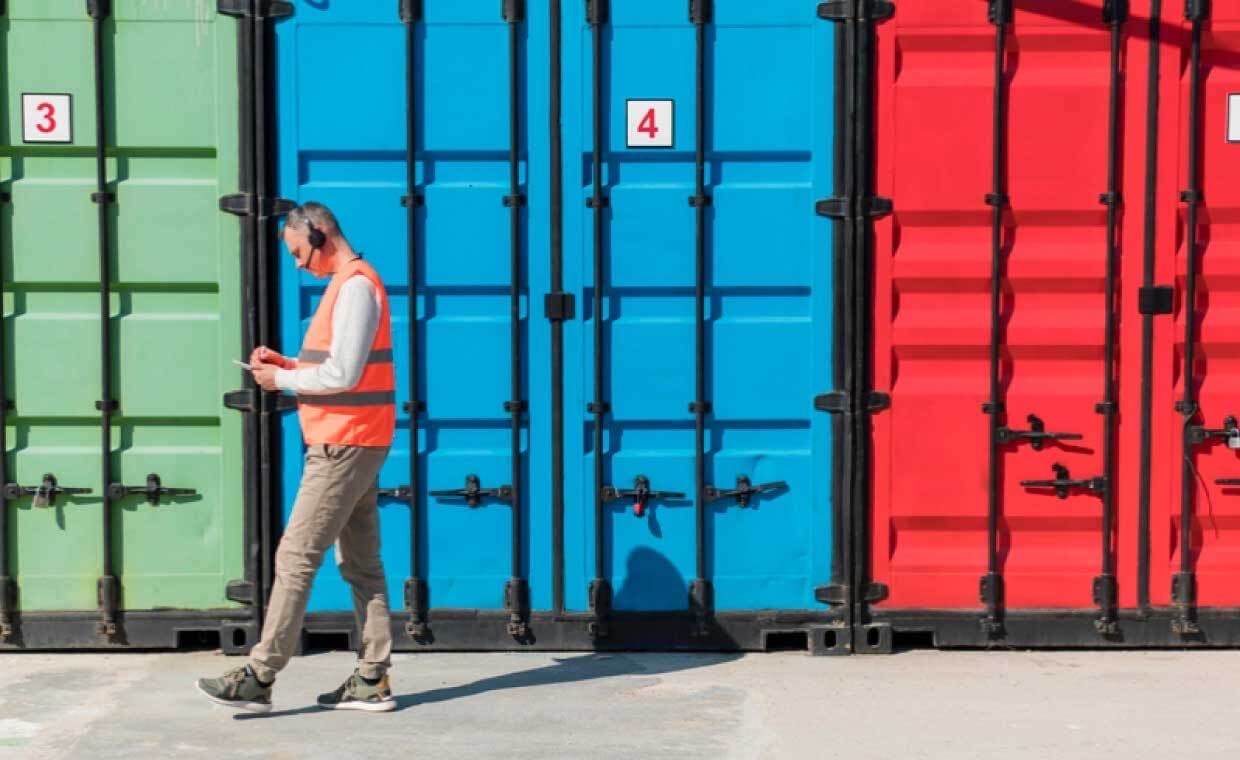
Table of Contents
Shipping containers, once limited to transporting goods across oceans, have found a second life in modern architecture and design. These robust, versatile steel boxes have proven their worth far beyond their original purpose, becoming a staple in sustainable construction, temporary structures, and even artistic projects. With their durability, modular nature, and cost-effectiveness, shipping containers present countless opportunities for repurposing.
If you’re wondering how you can use a shipping container creatively, here are eight innovative ideas that transform these industrial units into functional and aesthetically pleasing spaces.
1. Shipping Container Swimming Pools and Saunas
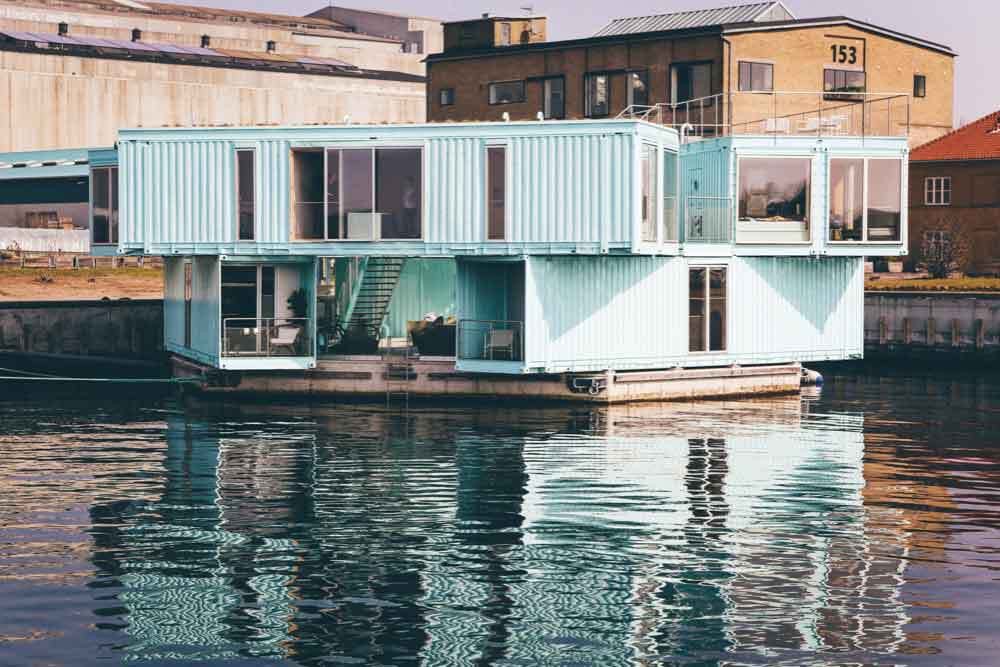
One of the most popular and refreshing ways to repurpose a shipping container is by turning it into a swimming pool. A container pool offers a modern, sleek look and can be installed above or below ground, depending on your preference.
If you don’t have a pool on your property yet, then you may consider used shipping containers. Not only will you have a cool way of beating the summer heat, but your pool will also be the talk of the neighbourhood!
Why Choose a Container Pool?
- Cost-effective: Container pools are often more affordable than traditional pools due to their pre-structured design.
- Portable: They can be transported easily, allowing relocation if necessary.
- Customizable: You can add heating systems, lights, and even viewing panels for a unique look.
Key Considerations:
- Proper waterproofing and insulation are essential to prevent leaks and rust.
- Filtration and chemical treatment systems must be installed for water hygiene.
- The pool must comply with local safety regulations, including fencing requirements.
Also Read: 7 Shipping Container Ideas You Should Try!
2. Container Garage or Storage Shed
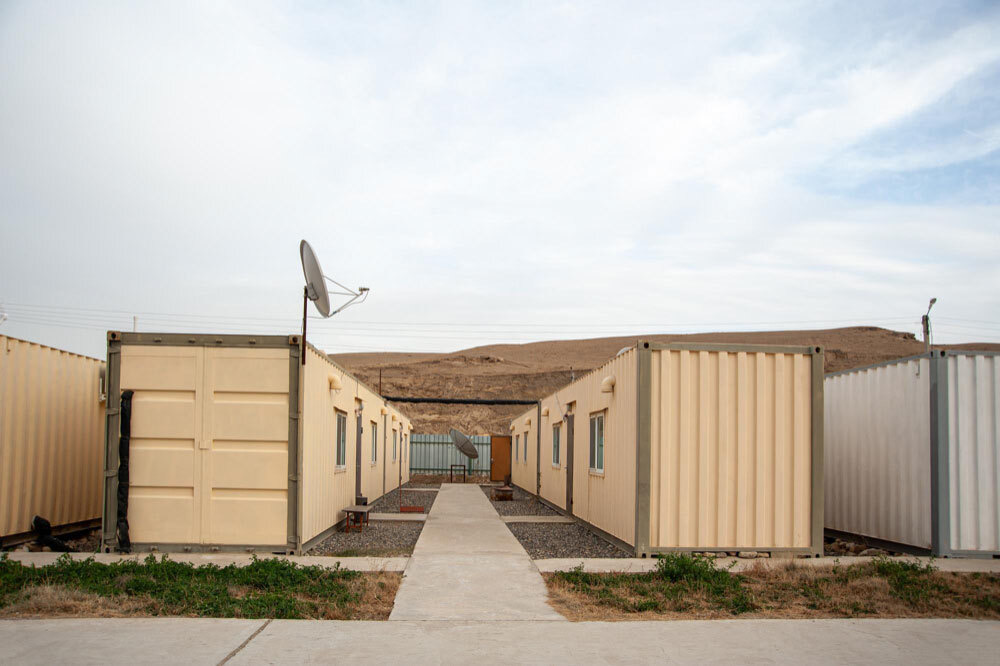
A shipping container garage or shed is a great way to add extra storage space on your property. These units provide a secure, weather-resistant alternative to wooden or prefab storage sheds, making them ideal for protecting valuable equipment and vehicles.
Benefits of a Container Garage:
- Security: Made of solid steel, shipping containers are tough to break into.
- Durability: Designed to withstand harsh weather conditions, they require minimal maintenance.
- Customisation: You can add shelving, lighting, ventilation, and even a roll-up garage door for easy access.
Things to Keep in Mind:
- Insulation may be necessary to prevent extreme temperature fluctuations.
- Ventilation and moisture control are important to avoid condensation and rust.
- Placement should be planned to ensure easy vehicle access.
3. Shipping Container Homes
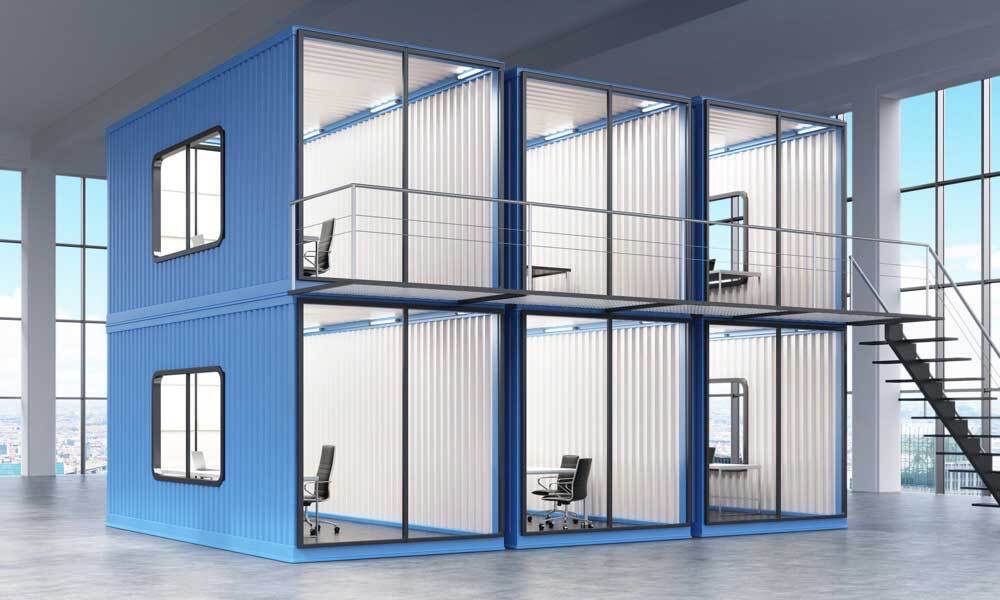
Shipping container homes have become a symbol of modern, eco-friendly living. With sustainability being a top priority in construction, many architects and homeowners are turning to container homes as an alternative to traditional housing.
Why Choose a Container Home?
- Affordability: Costs are often lower than building a conventional home.
- Speed of Construction: Containers can be converted into homes in a matter of weeks.
- Eco-Friendly: Repurposing shipping containers reduces industrial waste.
Customization Options:
- Single-container tiny homes or multi-container luxury residences.
- Rooftop terraces, sliding glass doors, and solar panels.
- Fully insulated interiors with modern finishes.
Challenges:
- Local zoning and building codes must be checked before starting construction.
- Proper insulation and ventilation are required to make the home energy efficient.
- Structural modifications may need reinforcement.
Also Read: Shipping Container Homes: Pros & Cons
4. Container Office Space or Temporary Workshop
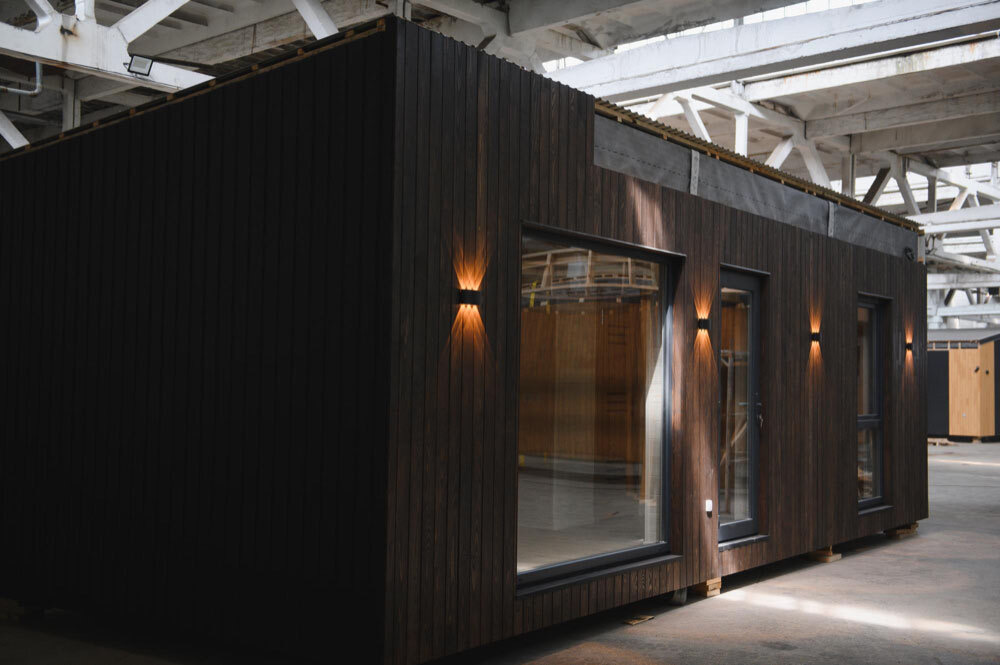
With the rise of remote work and startup culture, shipping containers have become a practical solution for home offices and workspaces. Whether you need a backyard office, a co-working space, or a temporary workshop, a shipping container offers a functional and private environment.
Advantages of a Shipping Container Office:
- Fast Setup: Prefabricated container offices can be installed within days.
- Portable: You can relocate your workspace if needed.
- Secure and Weatherproof: Ideal for storing valuable equipment and ensuring a comfortable working environment.
Customization Ideas:
- Large windows for natural light.
- Insulation and climate control systems.
- Built-in workstations and storage solutions.
5. Wine Cellar
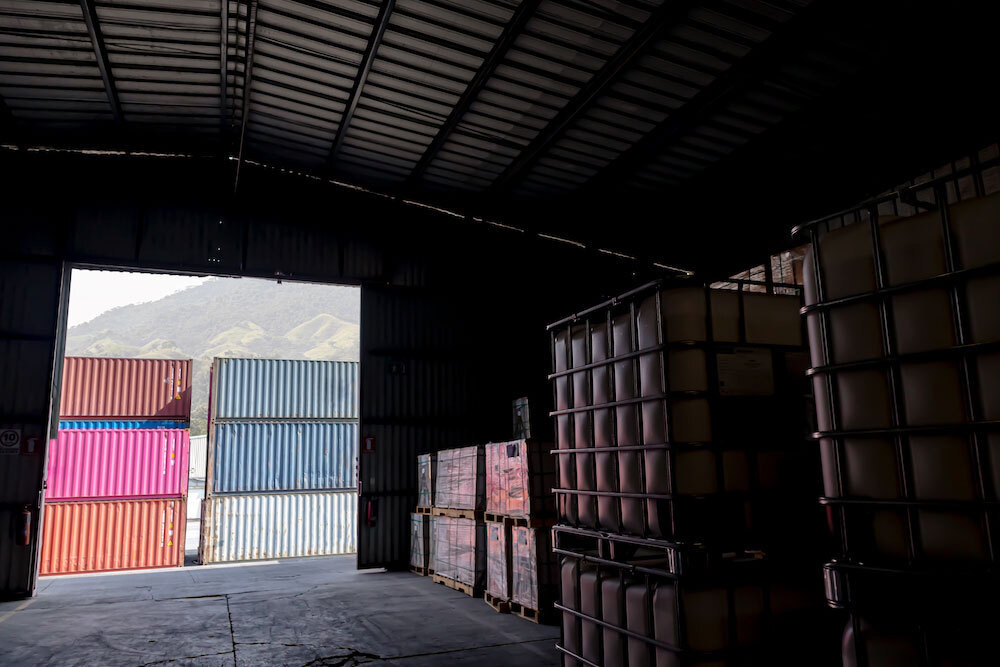
Wine collectors who lack a traditional basement can convert a shipping container into a high-quality wine cellar. With the right insulation and climate control system, a container can maintain the perfect conditions for wine storage.
Why a Shipping Container Wine Cellar?
- Cost-efficient compared to building a traditional cellar.
- Portable, allowing you to move your collection if needed.
- Customizable with temperature and humidity controls.
Things to Consider:
- The container must be buried underground or insulated to maintain cool temperatures.
- A reliable climate control system is essential for preserving wine quality.
- Custom racks and storage solutions should be designed to maximize space.
6. Darkroom for Photographers
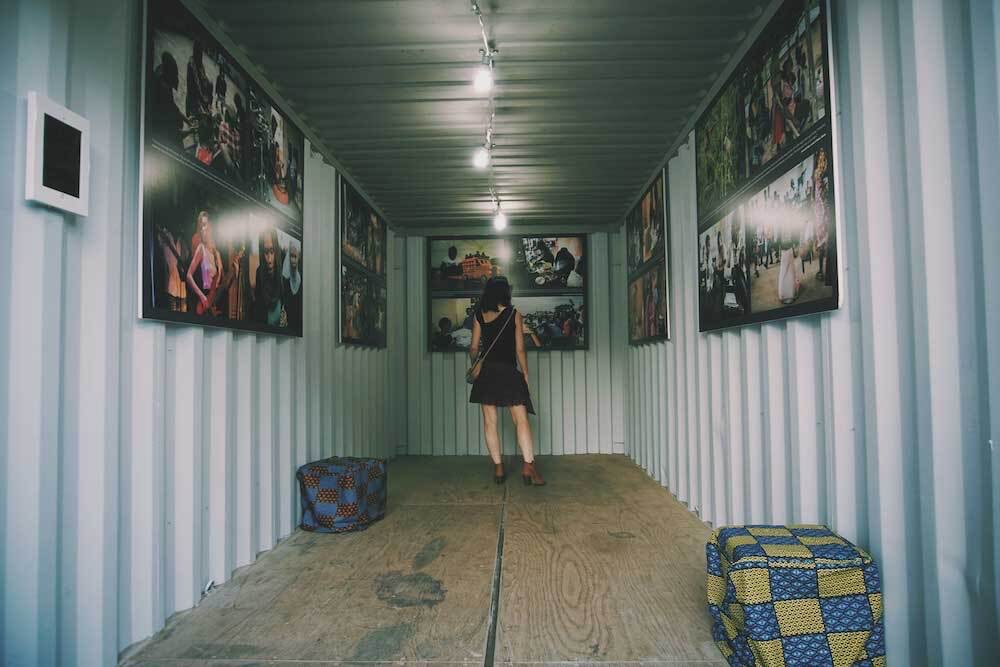
For photographers who work with traditional film, a shipping container can be transformed into a darkroom. The enclosed space is ideal for creating a controlled, light-tight environment necessary for film processing and printing.
Because of the rise of digital photography, fewer and fewer businesses are now offering film developing services, which is why having your own darkroom can be very beneficial. It gives you the freedom to be more creative.
Key Features of a Container Darkroom:
- Light-proofing: To prevent unwanted light exposure.
- Ventilation System: To safely handle chemical fumes.
- Storage Space: To organise negatives, enlargers, and chemicals efficiently.
Benefits:
- Provides a professional setup at a fraction of the cost of a dedicated studio.
- Portable and secure, making it ideal for fieldwork and on-location shoots.
- Customisable to include both digital and analogue processing equipment.
7. Shipping Container Cafe, Shop, or Restaurant
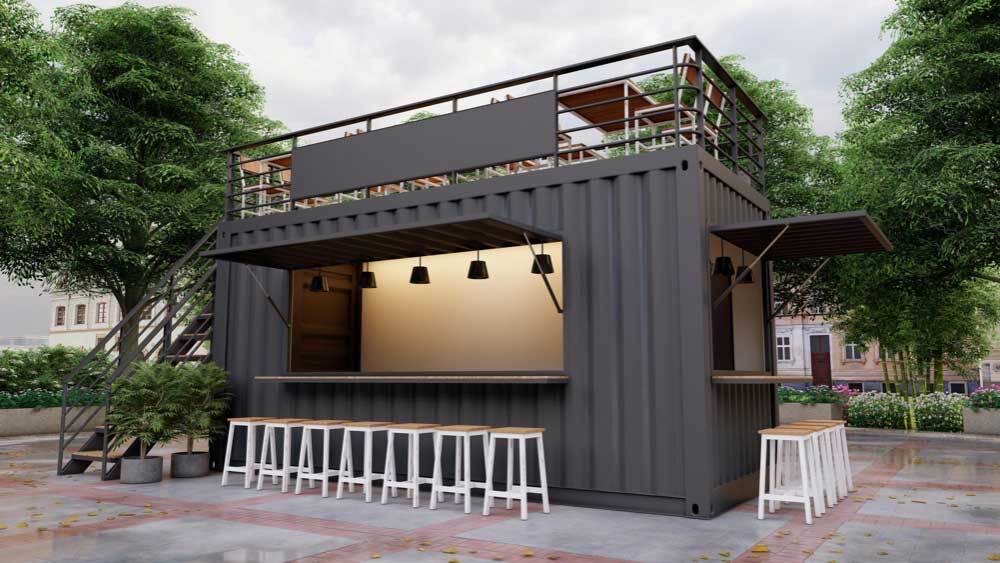
One of the most creative and trendy uses of shipping containers is in the food and retail industry. Many businesses, from coffee shops to fashion boutiques, are utilising containers to create unique, mobile, and sustainable commercial spaces.
Why a Shipping Container Business?
- Low Startup Costs: More affordable than leasing a permanent retail space.
- Mobility: Can be moved to different locations for seasonal or pop-up shops.
- Industrial Aesthetic: Modern, stylish, and attracts customers.
Examples of Container Businesses:
- Coffee shops with an outdoor seating area.
- Mobile food trucks or juice bars.
- Pop-up retail stores or art galleries.
Challenges:
- Local permits and business regulations must be checked before operation.
- Proper ventilation and insulation are needed for comfort.
- Creative branding and interior design play a crucial role in attracting customers.
8. Vertical Farms and Urban Agriculture
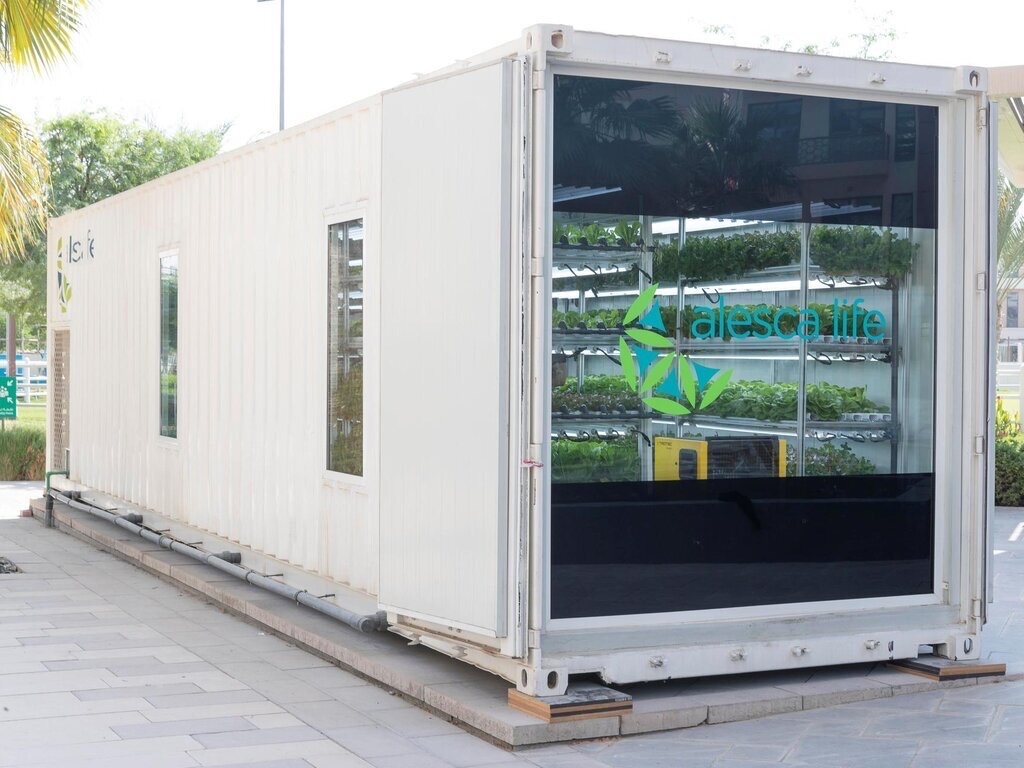
Courtesy - Agritecture
Shipping containers are being utilised for hydroponic and vertical farming systems, providing innovative solutions to food production challenges in urban settings. It is suitable for growing leafy greens, herbs, microgreens, strawberries and a small variety of fruits. This system does not support root vegetables and large fruit trees.
Key Features
- Space-effective, modular and sustainable
- Mobility and scalability
- Climate control and year-round cultivation
- Pest and disease control
Conclusion
Shipping containers have evolved into a revolutionary architectural element, providing innovative solutions for homes, offices, storage, and businesses. Their strength, affordability, and flexibility make them a smart choice for those looking to think outside the box literally!
From stunning swimming pools to trendy cafes, the potential uses of shipping containers are limitless. Whether you’re an entrepreneur, homeowner, or artist, these containers offer an exciting way to repurpose industrial materials into practical and stylish spaces.
Also Read: 7 Reasons Why You Should Choose Shipping Containers As Your Next Office Space
FAQs
Q1: Are shipping container homes legal everywhere?
A: Laws vary by location. Always check local building codes and zoning regulations before purchasing a shipping container for housing.
Q2: How do I prevent rust in my shipping container project?
A: Apply anti-corrosion coatings and proper insulation, and ensure proper drainage to prevent rust.
Q3: Can I stack shipping containers for a multi-level structure?
A: Yes! Containers are designed to be stackable, but structural modifications may be needed for added support.
Q4: Are container pools safe?
A: Yes, with proper reinforcement, waterproofing, and filtration systems, container pools are safe and durable.
Q5: How much does a shipping container project cost?
A: Costs vary depending on the project size, modifications, and local labour rates. A basic container home can start at $10,000, while more complex designs can exceed $100,000.























